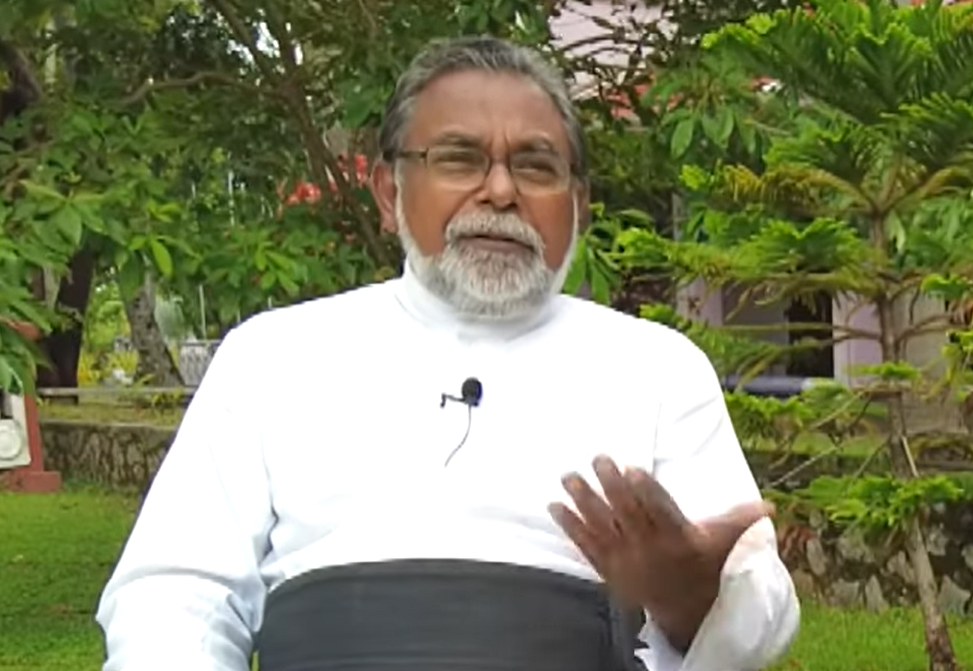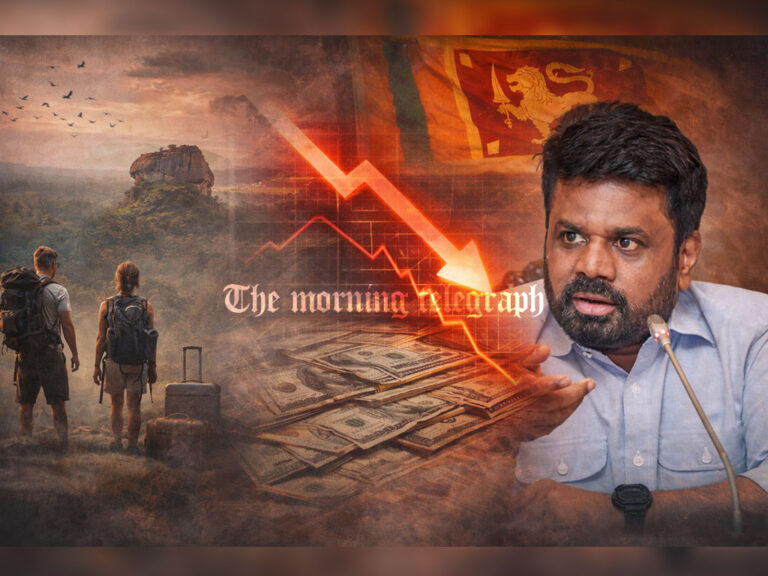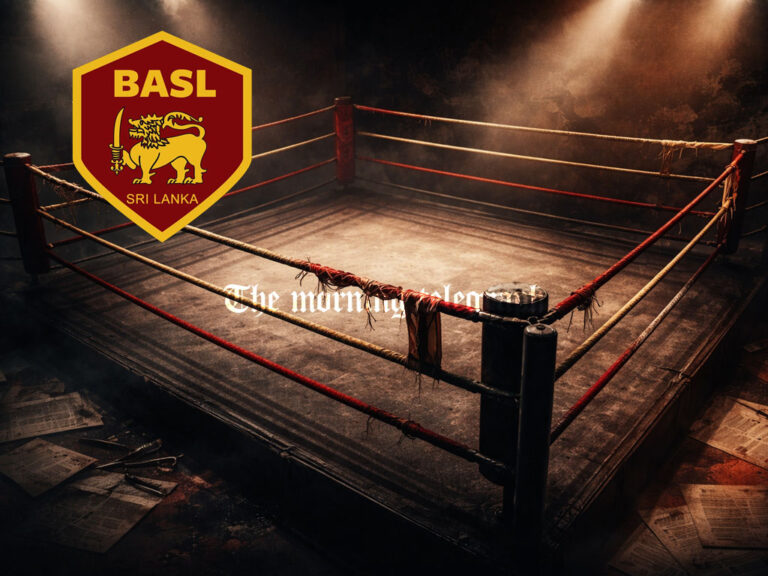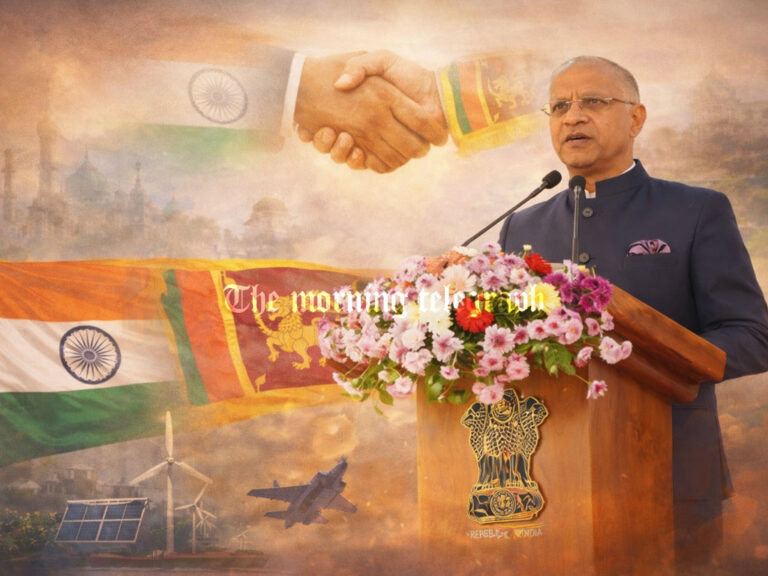
(COLOMBO) – The entire truth behind Sri Lanka’s Easter Sunday attacks that occurred five years ago will emerge only after a change of Government, the Sri Lankan Catholic Church said on Saturday.
Uncovering the truth hinged on a change in the present political system, Fr. Cyril Gamini Fernando, spokesman of the Archdiocese of Colombo, said shortly after providing a lengthy statement to the Criminal Investigation Department (CID).
Earlier on he had been summoned to the CID to provide details on the information and other related facts related to the Easter Sunday carnage that left more than 260 people dead and some 400 others injured, many maimed for life.
“I have been to the CID on many previous occasions and had made detailed statements. But there had been no investigation based on the information provided to the police investigators”, Fr. Fernando said.
“I doubt that the statement I provided today will have any significant impact. Five years had elapsed since the attacks”, he added.
There has been a festering spat between the Catholic Church and the officialdom ever since the Easter Sunday attacks on April 21, 2019 that was initially blamed on home grown jihadists but since then there has been controversial claims from different quarters that suggest others may have been involved in order to gain political mileage.
In a significant development earlier this week a delegation from a left-leaning party met with the top clergy of the Catholic Church where the Easter Sunday attacks were discussed at length.
“Under a future Government under our watch, each and every one responsible for the bloody attacks will be tracked down and punished irrespective of their political affiliations, a spokesman for the national People’s Power (NPP) told the media in the commercial capital of Colombo on Friday.
At present the NPP has just three slots in the 225-seat Parliament but resent polls show that the Party is gaining popularity and poised to make an impact in the upcoming Presidential and General Elections that must be held before the year’s end according to the country’s Constitution.




